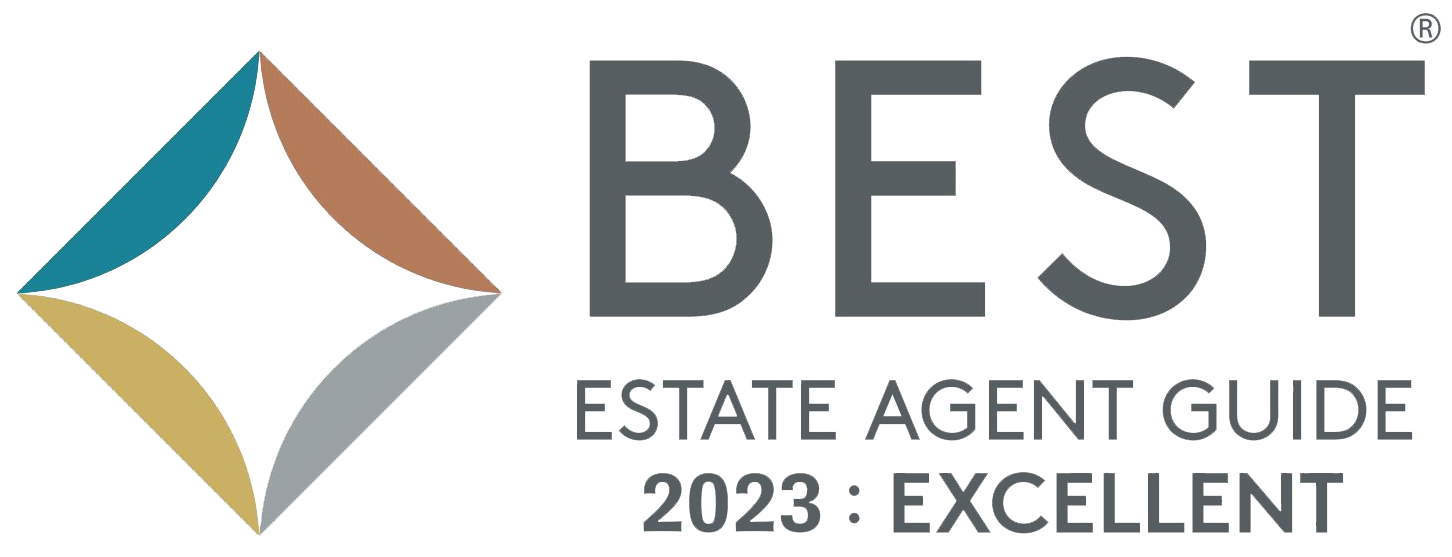Why isn't standard home insurance up to the task? It fails to cover the myriad risks associated with letting, such as tenant-related damage, loss of rent, and liability concerns. Enter landlord insurance, a bespoke safety net crafted to address these very issues.
A comprehensive landlord insurance policy typically includes building coverage, which stands guard against structural damage from calamities like fire or flood. Should your property be let furnished, contents coverage is crucial, shielding items like white goods and furniture from theft or destruction.
But what if your property becomes uninhabitable? Loss of rent coverage is your financial lifeline, ensuring a steady income flow while repairs are underway. Equally important is liability protection, which safeguards you from the monetary repercussions should a tenant or visitor sustain injury owing to negligence on your property.
Consider adding extra coverages that align with your property's specific location and features. Flood insurance, emergency repair coverage, or legal expense coverage might be prudent additions to your policy.
As your property evolves, your insurance should follow suit. Regular policy reviews are essential to ensure your coverage remains relevant, especially after significant property enhancements. And don't hesitate to compare the market—scouting out quotes can lead you to more suitable coverage options that fit your budget.
In summary, landlord house insurance isn't just another expense—it's a strategic investment in the stability and protection of your letting business. With the appropriate coverage, you can have peace of mind knowing that both your property and your financial interests are comprehensively protected.











